Impact of the North
Impact of the North - Selected Projects
RIFF is honoured to announce its newest addition to the Industry Days: A two day impact workshop designed to support documentary film projects in (further) developing their impact goals and strategies.
The North is at the forefront of climate change. Communities living near and above the Arctic Circle are among the first to experience the effects of global warming first-hand. Traditional ways of living are threatened by the disappearance of land ice, the rising sea temperature and the increasingly unpredictable weather patterns. Livelihoods built on the cycle of the seasons are in danger and cultural values are at risk of disappearing forever.
As the media tells us that humanity is now facing its biggest challenge yet, the constant bombardment of dooming narratives leaves most individuals feeling either overwhelmed, guilty and anxious or in denial and stuck in passivity. Cue film! Non-fiction films can help digest and focus our attention. Through cinema, each story contributes to a larger global understanding foundational to the continuous fight against climate injustice.
Furthermore, films have the potential to not only raise awareness, but make a specific impact on a communal, regional, national or international scale when seen by the right audiences. Many filmmakers have successfully walked the path from cinema to change by launching an impact campaign alongside the release of their film.
RIFF believes that Nordic storytellers specifically have the power to use their films to influence the global climate debate and change behaviour and policy. We are calling filmmakers from the North producing or directing documentaries about urgent environmental issues, to submit their projects for the 2022 edition of the RIFF Impact of the North programme.
A selection of documentary film projects has been selected for the programme. Two representatives of each project are invited to Reykjavik to attend the programme on 6 and 7 October 2022.
The filmmakers will pitch their projects and impact plans on Impact Day, more information on how to attend the pitches can be found here.
If you have any questions, feel free to contact our Industry Days team at industry@riff.is
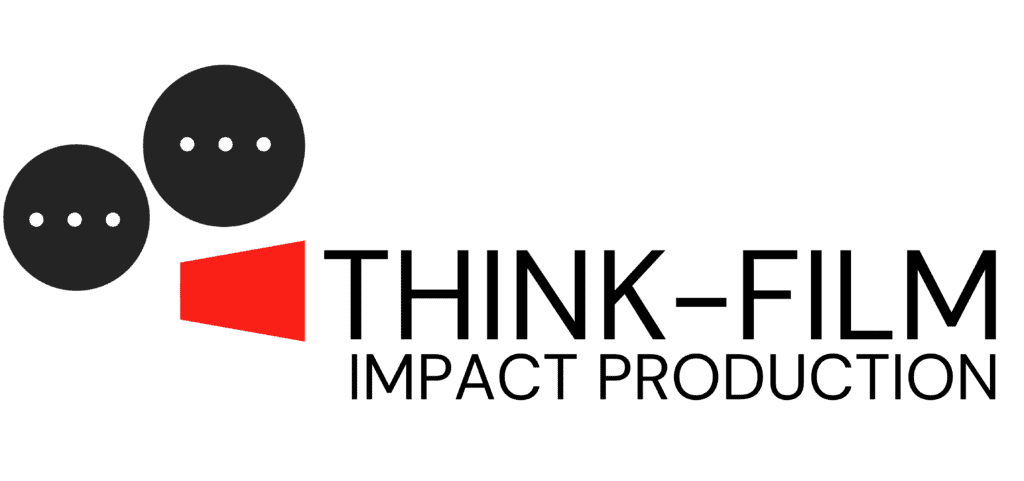
RIFF is proud to partner up with Think-Film Impact Production. COO Amy Shepherd and Senior Impact Strategist Thomas Walsh will join us in Reykjavik for Impact of the North and lead a full day closed workshop on the 6th.
Think-Film Impact Production is a market-leading impact media company with specialist expertise at the intersection of film and social change. World in 2050 Innovation Olympics 2020 prize-winners, and co-pioneers with Cannes Marché du Film of impACT in 2021, Think-Film works with world-leading film, television, VR, AR and music projects empowering art to deliver socio-political impact at the highest levels of international governance.
Amy Shepherd is the COO of Think-Film and is a highly experienced creative strategist with an extensive professional background in international law, politics and social justice advocacy. A graduate of Cambridge University and Utrecht University, she trained first as a barrister and later worked for a number of international NGOs before finding a home for her analytical and creative talents in film impact. Amy’s film impact credits include The Territory (National Geographic 2022), Navalny (CNN Films 2022), The Scars of Ali Boulala (Sisyfos Film 2021) and iHuman (UpNorth 2019).


Thomas Walsh is the Senior Impact Strategist at Think-Film Impact Production and has been working in impact media since 2017. He brings his experience and passion to filmmakers to design creative impact campaigns that connect with key audiences and achieve real political outcomes in different arenas. He has worked on over 20 impact film and multimedia projects at different stages of development, including award-winning productions and a diverse range of mediums, styles and issues.
Selected Projects:
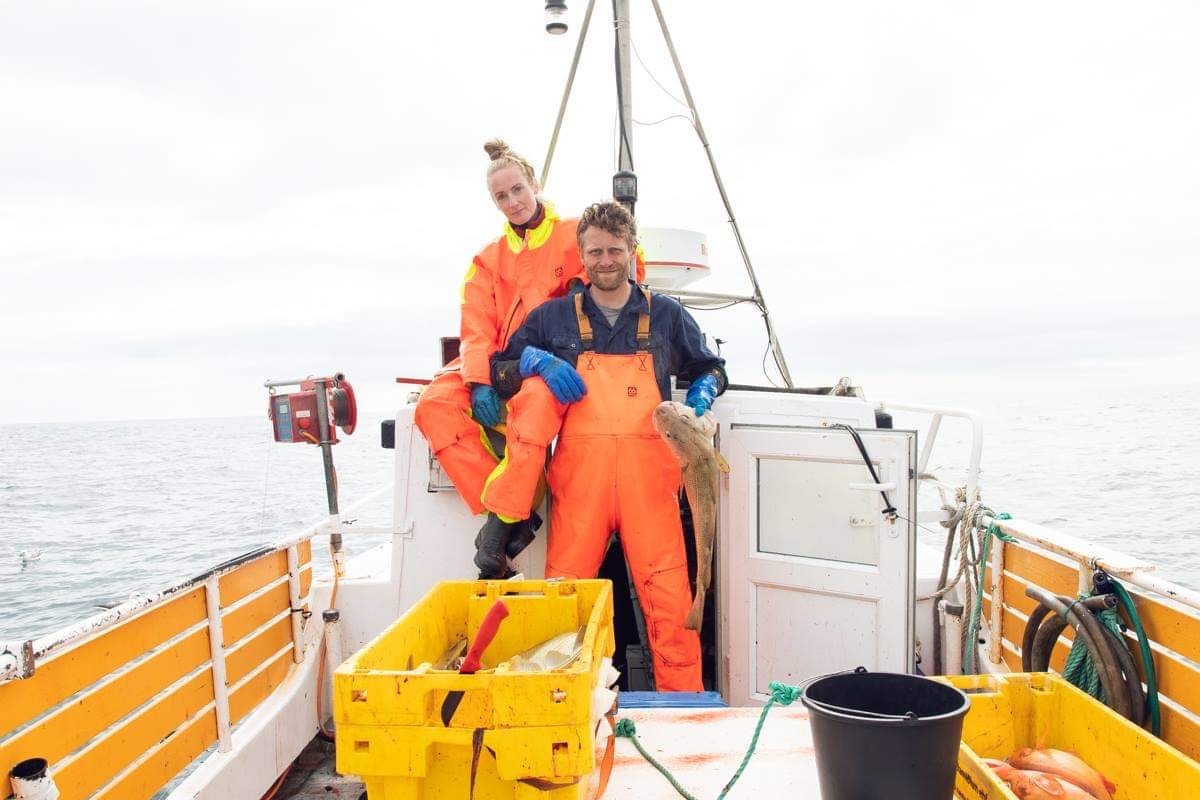
Presented by: Rut Sigurðardóttir & Kristján Torfi Einarsson
Director/protagonist: Rut Sigurðardóttir
Producer: Rut Sigurðardóttir (Bíóbúgí), Dögg Mósesdóttir (co-producer, Freyja filmwork)
Composer/protagonist: Kristján Torfi Einarsson
Country: Iceland
State of Development: production
A young couple risks their financial situation and relationship, when they start working as independent fishermen on their small fishing boat, Skuld. Does Iceland’s oldest industry have a future or will it disappear with the coming generation?

Rut Sigurðardóttir has made a name for herself as a photographer, both in Iceland and in Berlin, where she lived and worked for some time. She was the head of the photography department of Birtíngur, one of Iceland’s largest publishing companies, and received several awards during that time, including Portrait of the Year 2014 and Magazine Picture of the Year in 2016. She has participated in the publication of three books. She soon began to mix filmmaking with her field of work and specializes in documentaries and tv-shows. She also teaches filmmaking at the Icelandic Film School. Among her works are UseLess – documentary on food and fashion waste (director of photography) which has received several awards around the world, including Iceland’s best documentary 2019, and A Song called Hate – documentary on Hatari’s eurovision song contest adventure (filming crew) which has also received several awards world wide, including Iceland’s best documentary 2021.
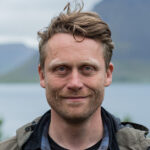
Kristján Torfi Einarsson is a reporter turned fisherman turned musician. He is one of the two main characters in the film and the film’s composer/musician.
Impact statement: SKULD is a documentary about a young couple who follows in the footsteps of their ancestors when they set out to fish on their small fishing boat by the coast of Iceland. Jig fishing, fishing with a hook on a line, made the colonization of Iceland possible, and it can therefore be said that it is the nation’s oldest industry. This industry has declined in the 21st century and there is great uncertainty about its future. The fishermen are getting older and fewer with each passing season. It is sad to think that this industry can easily collapse completely and the knowledge gathered throughout the centuries would then be lost. It would be sad in a cultural sense and also because jig fishing is the most environmentally friendly way to catch fish. The small boat burns very little oil and the hook and line leaves no mark on the fishing ground. When compared to the big trollers the difference in impact is huge. The younger generations today are becoming very well aware of their consumption and environmental impact. A Large majority agrees on this one thing: wanting to contribute to keeping mother earth happy and not destroying it.
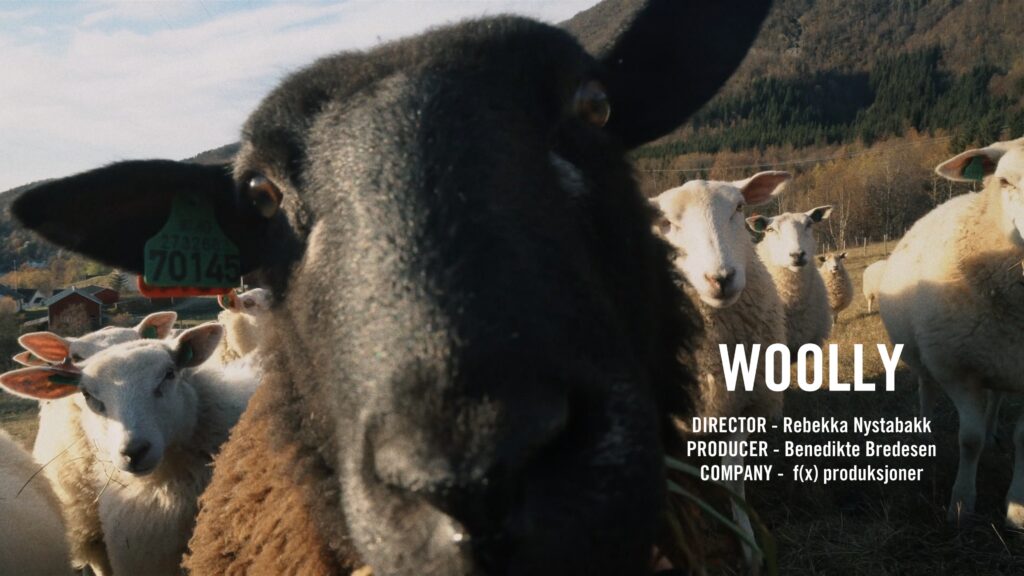
Presented by: Rebekka Nystabakk and Benedikte Bredesen
Director(s): Rebekka Nystabakk
Producer: Benedikte Bredesen
Country: Norway
State of Development: Expected premiere: Autumn 2023
This film is about a little sheep farm in Norway that will be transferred to the next generation, from father to daughter. It is about making important life choices, about retiring when the time is right and about being part of a long tradition. And it is about Sheep.

Rebekka Nystabakk grew up on the sheep farm Nystabakkan in Nordland county, Norway. She is an actress, and has studied acting at The Norwegian Theatre Academy and Oslo National Academy of the Arts. Since her graduation, Rebekka has worked with both theatre and film. In addition to acting, she is also writing, directing and developing new ideas for film and stage. This is her first film.

f(x) productions is an independent Norwegian production company established in 1995. We produce films and serials for established filmmakers as well as new strong voices. Benedikte Bredesen has worked as a producer in f(x) productions AS since 2009.
Impact statement: The last years, the politicians have put pressure on the farmers in order to make them operate on a larger scale. This has led to many small farms being closed down. All over the world, the small farms are struggling to survive, even though UN claims that smaller farms are more sustainable than the bigger ones. Top soil is being depleted or is overgrown. Soil which has been cultivated for hundreds of years. The past year’s pandemic and now the war in Ukraine has revealed our vulnerability. Our food security is not guaranteed. Closed borders lead to limited import, of both food and labour. How will we be able to secure sufficient supplies of food in the future? And how will we ensure this food is cultivated in a way which provides security for future generations as well? We believe this film will be of great interest to the current wave of environmentally conscious young people, who care about climate issues, animal welfare and future food production. How did we get to where we are now, and how will new generations continue bringing the world forward?
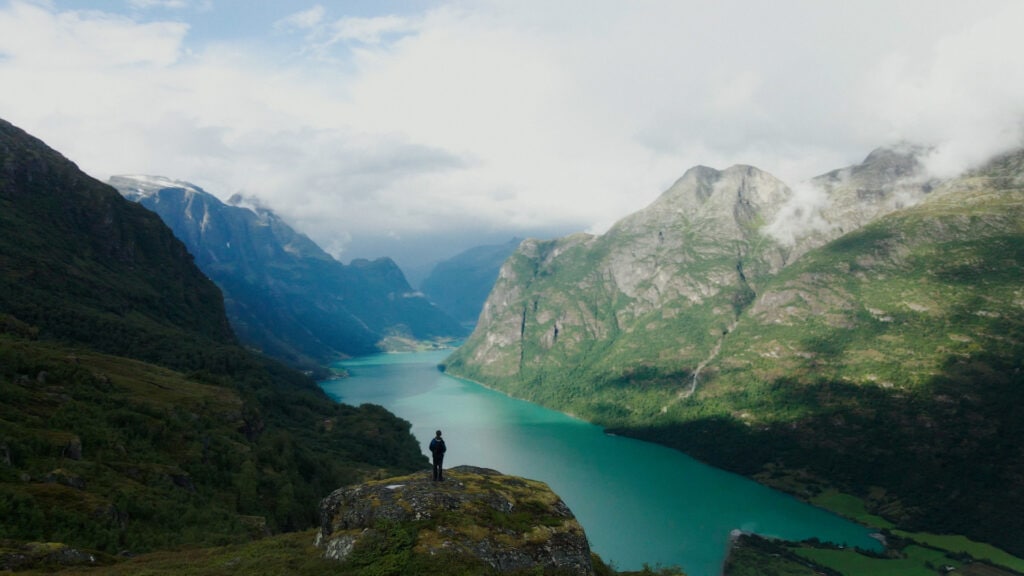
Presented by: Margreth Olin and Katrine Mykløen Ødegård
Director(s): Margreth Olin
Producer: Producer: Katrine Mykløen Ødegård (production coordinator)
Sales agent: Cinephil
Executive producers: Wim Wenders & Liv Ullmann
Composer: Rebekka Karijord
Location sound: Andreas Lindberg Svensson
Editor: Michal Leszczylowski
Cinematographer: Lars Erlend Tubaas Øymo Drone
Photographers: Herman Lersveen & Dag Asle Mykløen
Sound designer: Tormod Ringnes
Nature photographers: Torbjørn Martinsen & Ingebjørg Fyrileiv Guldvik
Country: Norway
State of Development: post-production
Songs of Earth is a symphony. An audio-visual composition of the earth’s primordial forces. The sounds of the earth are put together to make music. It’s a meditative experience where the camera takes you inside of nature’s smallest components and outside to the great wild panoramas.
 Margreth Olin (1970) is a director and producer with a large cinema audience in Norway. She has made 13 films, which have received critical acclaim, participated at numerous festivals abroad, and won several Norwegian and international awards. Margreth has managed to catalyze important dialogues with the topics her films shed light on. She has personally received 26 honorary awards for her commitment and focus on human rights. Her credits include In The House of Angels (Yamagata 1999), My Body (Tribeca 2002), EFA-nominated Raw Youth (2004), The Angel (TIFF 2010), Nowhere Home (IDFA 2012), Cathedrals of Culture, The Oslo Opera House (Berlinale 2013). Olin was one of 6 directors in Wim Wenders series Cathedrals of Culture, among Wim Wenders and Robert Redford. Her film Doing Good (2016) is the second highest grossing documentary ever in Norway. Her last film Self Portrait (DOC NYC 2020) won seven awards internationally. Olin is one of the recipients of the 2022 Chicken & Egg Award. She will be awarded the Anders Jahre Culture Award 2022 together with Joachim Trier, Deeyah Khan and Nils Gaup, which is Norway’s biggest honor for outstanding cultural effort. She is now in production with her new feature length documentary Songs of Earth (2023), this film is co- produced by BBC and SWR in cooperation with ARTE. Wim Wenders and Liv Ullmann are Executive Producers.
Margreth Olin (1970) is a director and producer with a large cinema audience in Norway. She has made 13 films, which have received critical acclaim, participated at numerous festivals abroad, and won several Norwegian and international awards. Margreth has managed to catalyze important dialogues with the topics her films shed light on. She has personally received 26 honorary awards for her commitment and focus on human rights. Her credits include In The House of Angels (Yamagata 1999), My Body (Tribeca 2002), EFA-nominated Raw Youth (2004), The Angel (TIFF 2010), Nowhere Home (IDFA 2012), Cathedrals of Culture, The Oslo Opera House (Berlinale 2013). Olin was one of 6 directors in Wim Wenders series Cathedrals of Culture, among Wim Wenders and Robert Redford. Her film Doing Good (2016) is the second highest grossing documentary ever in Norway. Her last film Self Portrait (DOC NYC 2020) won seven awards internationally. Olin is one of the recipients of the 2022 Chicken & Egg Award. She will be awarded the Anders Jahre Culture Award 2022 together with Joachim Trier, Deeyah Khan and Nils Gaup, which is Norway’s biggest honor for outstanding cultural effort. She is now in production with her new feature length documentary Songs of Earth (2023), this film is co- produced by BBC and SWR in cooperation with ARTE. Wim Wenders and Liv Ullmann are Executive Producers.

Katrine Mykløen Ødegård (1998) is the production coordinator. She has a master degree in Strategic Communication.
Impact statement: Songs of Earth is timely. The film depicts man’s relationship to nature – something that concerns everyone, but it does so in an unexpected way. We hope the film can be a new approach to dialogue between parties that oppose each other in the climate debate. We want to create a great cinema experience that touches the viewer on a deeper level and mobilize for the protection of nature. Our main goal with this film is the audience experience itself. That the individual feels a deep connection to nature. Protecting nature is to protect ourselves. We want to encourage people to be more out in nature and experience physical and psychological gain. Nature offers us unique opportunities for inner growth through mastery and great experiences. This unique landscape stimulates people to understand and enjoy nature’s own wonders. For more than 150 years, scientists, artists and tourists alike have made the pilgrimage to Norwegian fjords to experience the mighty landscape. Seemingly unchangeable, but still with a tremendous ability to transform – through waterfalls, glaciers, rock falls, avalanches, landslides and tidal waves.
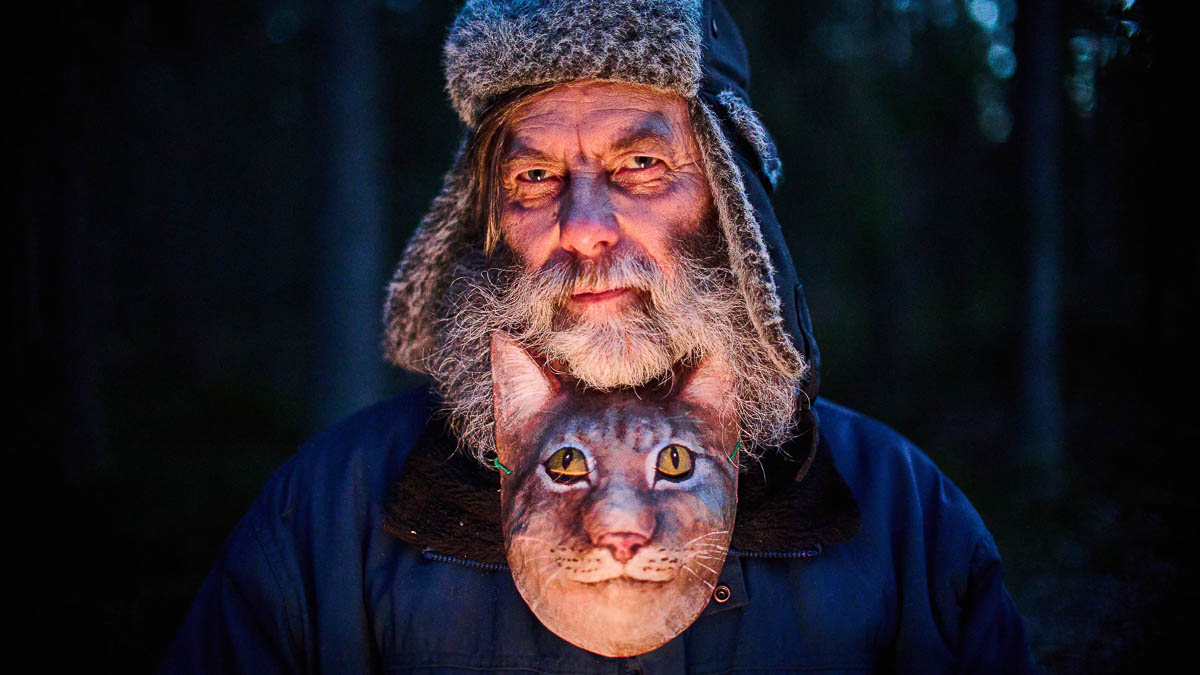
Presented by: Juha Suonpää and Helena Yli-Kyyny
Director/protagonist: Juha Suonpää
Producer: Helena Yli-Kyyny (Impact producer), Pasi Hakkio, Niina Virtanen
Writer: Juha Suonpää, Hanna Kaihlanen
Country: Finland, Estonia
State of Development: production
Lynx Man is a documentary about pensioner Hannu’s entrancing journey towards finding a connection with the Eurasian lynx hiding in the forests. With his trail cameras, Hannu opens a gateway into the Finnish nature and towards a genuine connection with the environment. In his attempt to save lynx from extinction, Hannu finds himself becoming one.
 Juha Suonpää (b. 1963) is an Adjunct Professor in Art, Environmental and Nature Photography, a photographer and filmmaker. Suonpää works as the principal lecturer of visual culture in the International Degree Programme in Media and Arts at Tampere University of Applied Sciences, and as a Senior Academy researcher in a research project of Finnish Academy. Suonpää has exhibited internationally and published documentary films, numerous academic monographs and articles and researched, for example, topics related to photography, visualising science and the construction of the identity of a place. Suonpää’s earlier film Wolfman premiered at Visions Du Reel Film Festival in 2013.
Juha Suonpää (b. 1963) is an Adjunct Professor in Art, Environmental and Nature Photography, a photographer and filmmaker. Suonpää works as the principal lecturer of visual culture in the International Degree Programme in Media and Arts at Tampere University of Applied Sciences, and as a Senior Academy researcher in a research project of Finnish Academy. Suonpää has exhibited internationally and published documentary films, numerous academic monographs and articles and researched, for example, topics related to photography, visualising science and the construction of the identity of a place. Suonpää’s earlier film Wolfman premiered at Visions Du Reel Film Festival in 2013.

Helena Yli-Kyyny (b. 1979) has a Master of Arts degree in Communication Studies and a Bachelor of Arts and Culture degree. Yli-Kyyny has worked mainly as a freelance editor, but has also written a book about a documentary film project in Finland and published a report about funding and education project that was created to encourage Finnish documentary filmmakers to do impact work with their films.
Impact statement: The story of lynxes is a success story of protection and fellow travellership. Once almost extinct lynx came back! WE CAN DO THIS! We can share our Globe with other species. Currently there are around 8000-9000 Lynxes in Europe. Despite of protection status and no threat for humans, the biggest wild cat in Europe is in danger. Unbroken stretches of country and sufficient prey have come rare in Europe. Also illegal killing is still a problem. Now about every forth Eurasian Lynx is living in Finland. Still there is lot of work to be done among Finns as well. E.g. 2021 Finland admited 307 exceptional permits for hunting lynxes. Mainly those have been given with justifications that Finnish Supreme Administrative Court determinate insufficient in summer 2022. This means also that most of the exceptional permits has been given illegally by The Finnish Wildlife Agency. We are aiming to have impact campaign to open up a discussion for new kind of nature relationship and human-predator relationship, for which Hannu is a great guide in a film. Clear goal is to minimize the number of exceptional permits in Finland.
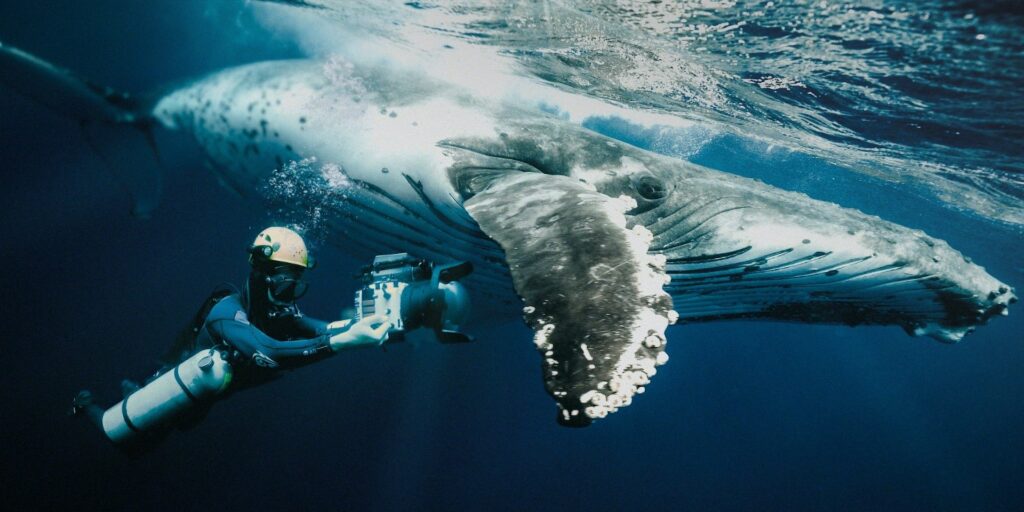
Presented by: Bjarte Mörner Tveit and Peter Engel
Director/protagonist: Ola Waagen and Peter Engel
Producer: Peter Engel, Bjarte Mörner Tveit
Sales agent: Kim Christiansen, DR Sales
Country: Denmark, Norway, Iceland
State of Development: Production development
In search for the truth about the many whale strandings, photographer Klaus Thymann is on a diving trip around the globe, collecting and analyzes the evidence of what he is sure will provide the answer to the mysterious strandings. In his attempt to understand and think like the whales, he will become like one.
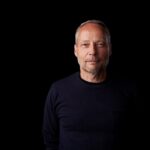
Peter Engel (born 1963) is a Danish director and producer, with a focus on environmental issues, cultural perspectives and often controversial political themes. His latest film as producer, The Mole – undercover in North Korea, has thus still made headlines in the media worldwide. The film is also the best-selling Danish documentary for many years. Besides producing The Mole (together with Norwegian producer, Bjarte M. Tveit), Peter was also assistant director for Mads Brügger.
Ola Waagen (born 1975) is a Norwegian director, with a strong focus on animal welfare, climate change and the balance of nature. His latest films, Grisindustriens Hemmeligheder (Pigs, 2019) and Pels (Inside Fur, 2014) have both had a huge impact in Norway. They have created a major political debate with subsequent changes to the legislation for conventional agriculture and animal welfare in general.
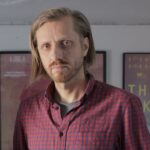
Bjarte Mörner Tveit (1978) is a Norwegian producer, director and writer. Last year he established his own production company, Von Mörner. Here he focus on creative and challenging documentaries with high artistic levels and with a social conscience. He has devoted his life to promote human and animal rights, love, freedom and justice through documentary films. Before establishing his new company, Bjarte has for 15 years, been one of two producers in the Norwegian company, Piraya Film. Pirayas documentaries have been screened at festivals such as Sundance, IDFA, Tribeca, HotDocs, Venezia, Toronto, Dubai, Rotterdam and many more. They have received numerous awards and nominations. In the last years, Piraya Film’s docs have had cinema releases in Norway, India and the US and have enjoyed festival, internet and TV distribution all over the world.
Impact statement: Whales are the symbol of how humans treat the planet and its animals. They are the dark mirror of human activity. In the past century we saw the conscious killing of whales as a resource, mainly for whale oil. The devastation of the whales can be seen as a prelude to the petrochemically induced Anthropocene, whaling was done for the animal’s oil and powered industry. The Whale Mystery shows, that we are again repeating an environmental tragedy. Active destruction replaced by indirect ecocide. We thought we saved the whales by stopping commercial killing, but we can reveal how modern civilization with its human activity is harming the whales indirectly, causing the strandings.
However, this is also a story of hope on how to save the whales – and maybe humanity. The vision with The Whale Mystery is to create a large, international documentary that will make us fall in love with nature again. A philosophical work that lifts the themes of climate catastrophe and environmental change to a completely new level. The ambition is that with this film, we can start a new climate debate with much more substance. Climate change 2.0.
“Intelligence is the ability to adapt to change” (Stephen Hawking)

Presented by: Malika Ferot & Marianne Abildgaard
Director/protagonist: Dan Säll
Producer: CFC Kort og Dok: Malika Ferot, Marianne Abildgaard and Ulrik Gutkin
Research: Thomas Aue Sobol
Scientific consultants: Carl Træholt & Mikkel Stelvig
Country: Denmark, Indonesia, Malaysia
State of Development: production
A random encounter on a plane between a biologist and a businessman marks the beginning of an unusual partnership. Bridging the gap between industry and nature, using Science and biological means, the two men have set out on an ambitious journey towards a responsible and sustainable production of palm oil.
Dan Säll began his career working as a still photographer in Sweden and Denmark from 1962 till 1976 and graduated as a Director of Photography from the Swedish Film School in 1978. Since then, Dan has been involved in more than 50 short film and documentary productions working as a director, cinematographer and producer. From 1988 through 1996, Dan was an employee at TV2 Copenhagen News Department and in 1985 he established his own film production company, Dan Säll Film. Dan’s productions have been sold to broadcasters all over the world, comprising networks such as BBC, NBC-PBS-ABC-(USA), ABC (Australia), NHK (Japan), TF1, ZDF, ARD, and have competed in a lot of international film festivals. A DROP IN THE OCEAN won the Prix d’Italia, best nature film, and the Grand Prix for best short and documentary at the Danish Doc Festival. TJERNOBYL AUTUMN won the Jury’s special award at the Film Festival in Kranj and the EU Environmental award in Birmingham. HOMO LALANDIENSE won the 3rd film prize at the Baltic Film Festival and the Grand Prix for best short and documentary at the Danish Film Festival.
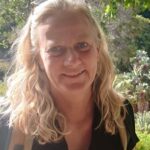
Marianne Abildgaard, 58 years old. BSc in Business, Language and Culture. Assistant producer and fundraiser. After receiving a bachelor’s degree in international business administration, Marianne Abildgaard worked as an international sales coordinator for many years. In 2007, Marianne joined CFC, and is currently working as an assistant producer, focusing on making impact films and raising funds for CFC Short & Doc.

Malika Ferot, Production Assistant/Trainee My name is Malika, I’m 25 years old. While making documentaries is a path, I’m unable to escape, I believe my passion for social, economic and environmental change comes with much more accessible medias. That’s why I’m fascinated with exploring and drawing inspirations from things like fiction, gaming and cross media concepts. New in the field, I make up for what I lack in experience with innovative ways of thinking and unwavering moxie.
Impact statement: According to an old legend of the indigenous Dayak people of Borneo, the orangutans were once able to speak like humans. But after humans entered the forest, they decided to become silent, fearing that if people knew that they could speak, they would be harassed or enslaved by humans. As it turns out, the orangutans had plenty of reason to fear the humans… Palm Oil in the Land of the Orangutans is a deeply affecting and stirringly beautiful filmic contribution to the ongoing debate about the palm oil industry and its impact on our environment. The film will present new solutions to the global threat of climate changes and environmental scarcity. Detailing the scientific projects of the Copenhagen Zoo and the Biodiversity Department of United Plantations, the aim of the film is to make its viewers reflect on how alternative partnerships, Science and new technology based on Nature’s own means may create sustainable productions methods that benefits flora, fauna, profits, and people – all at the same time. Will pragmatic solutions, combining Business and Nature, in the long term prove to be a better path than consumer boycotts and bans? And will the project become an example for others to follow?
Funding by




